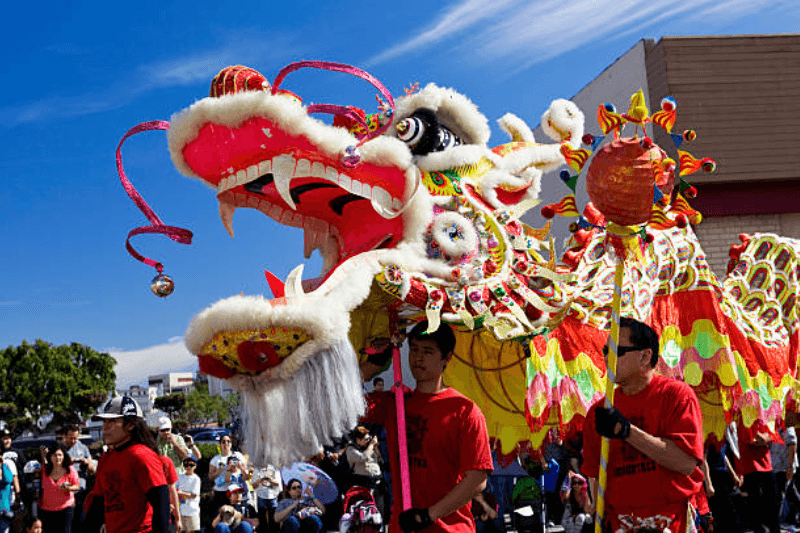
China dangles the vaccine ‘carrot’ at neighbours
Vaccine diplomacy has become an important tool in China’s arsenal in reversing negative perceptions about its role in the pandemic, advancing diplomatic goals in other areas and perhaps even gaining an upper hand.
Countries have been competing against each other to get on top of the vaccine race and it has always been an unbalanced battle, with the advanced economies better placed to innoculate its citizens. China is using this to its advantage to earn more influence globally and within the region – with its vaccine diplomacy. It is collaborating with many middle-income countries in the region in order to give them better access to the vaccines it is developing.
During the Lancang-Mekong Cooperation (LMC) Leaders’ meeting, China promised priority access to the vaccines to the Philippines, Cambodia, Myanmar, Thailand, Laos and Vietnam. Indonesia and Malaysia have signed deals with Chinese pharma companies to jointly develop vaccines. For countries with high infections rates like Indonesia and the Philippines, this is a golden opportunity. ASEAN economies have taken a huge hit due to the pandemic and there is hope that this Chinese assistance will ramp up post-pandemic recovery.
For China, this serves to earn some brownie points among neighbours and also globally. It has been receiving a lot of flank for the pandemic and perception of China among many countries is unfavourable currently. Such outreach can help soften these opinions and the appeal to work together under a multilateral mechanism can show leadership. Most importantly, this ‘health silk route’ can give China leverage in other diplomatic standoffs, like in the South China Sea.
Since March, China has been asserting its presence in the South China Sea with increased military vessels and survey vessels breaching the economic zones of Brunie, Malaysia, Vietnam and the Philippines and even other countries that are not necessarily claimants in the conflict. Before the pandemic, China had been using various economic tools like Belt and Road Initiative as an inducement in its negotiations with countries over the issue. Now, it has another arrow in its quiver. Though the help with the vaccines won’t alter the claims that countries are making over the South China Sea, it will significantly enhance China’s lobbying power, as seen with the Philippines recent leniency towards China.
For countries like the Philippines, the rising cases and the lack of domestic capacity to deal with the pandemic means that it is forced to accept assistance from China, riders and all. So to guard against China’s instrumentalising the vaccine as a diplomatic tactic, these countries ought to diversify the assistance they receive and get into talks with other countries who are developing and distributing vaccines. They can also work more closely with foundations like Gavi, the vaccine alliance which is working towards ensuring equitable distribution of vaccines.




